Pronunciation Practice | British English Slang | Reductions & Contractions | English with Lucy
Hello everyone and welcome back to English with Lucy. Do you ever feel confused, when you hear or see phrases like gimme, hafta, lotsa, sorta, typa, frunna. I mean about British English Slang. What do these all mean? Well, they are quite a few to learn, they are reductions, or reduced words, and you do need to know these words, in order to understand natural conversation and you might want to use these words if you want to sound more like a native speaker whenever you talk.
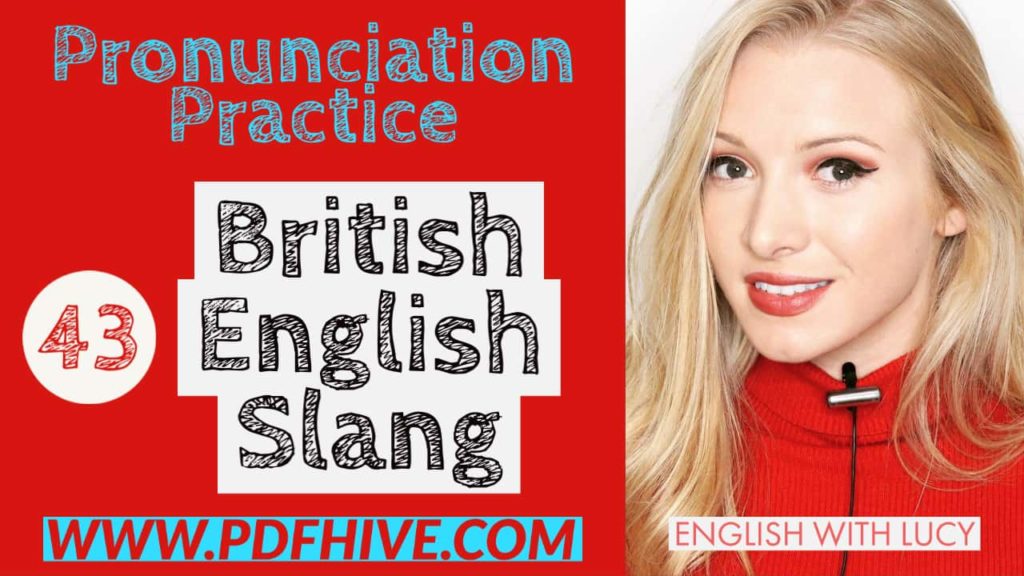
Right, let’s get started with the lesson. So reductions, what are they? They are reduced forms of words. Normally two words, occasionally three words. You will find that there are some commonly used words that are often included in reductions.
Pronunciation Practice | British English Slang | English with Lucy
Here are 43 British English Slang that are widely used in Europe. Thanks you English with Lucy to equip these British English Slang in beautiful way.
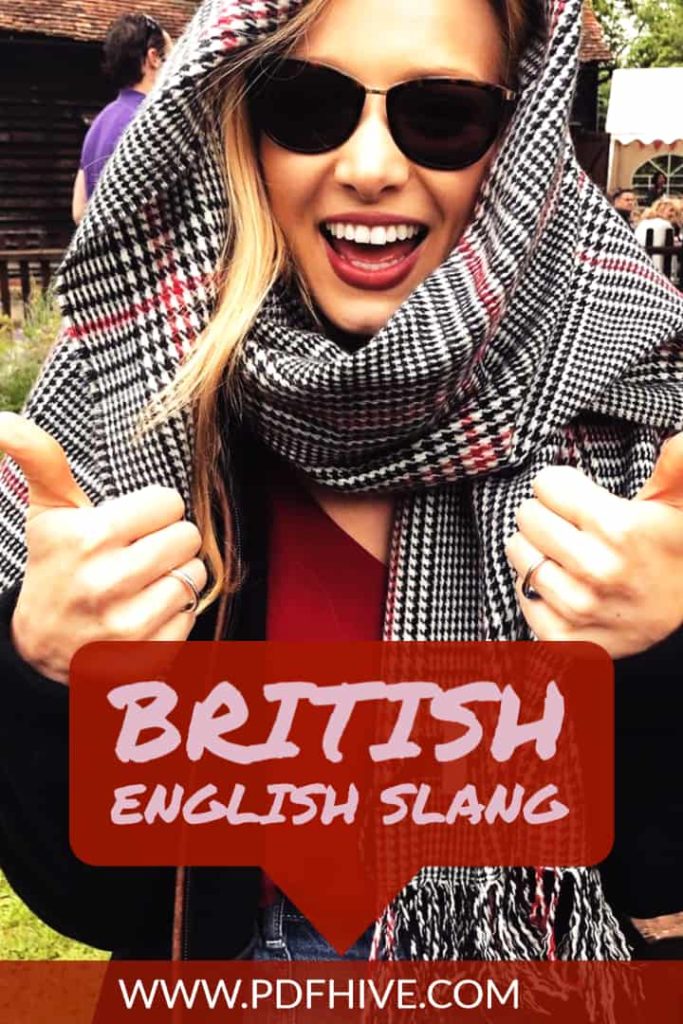
- Gimme: The reduction, gimme, is actually give + me. Gimme that pen. Give me that pen.
- Lemme: Another example of reduction, is lemme. For example, lemme come with you. Let me come with you.
- Wassup: What + is + up. What is up. What do we say? We say wassup. Wassup with that? What is up with that?
- Whatser: What is her, what is her? We reduce this to whatser. For example, whatser name again? What’s her name again?
- Whatsis: What is his. We reduce this to whatsis. Whatsis phone number? What is his phone number? Again, I wouldn’t write whatsis down, but I would say it.
- Coulda: Could + have. You coulda told me that yesterday! You could have told me that yesterday!
- Mighta: Might + have. She mighta gone to the bank today. She might have gone to the bank today.
- Musta: Must + have. She musta taken the train. She must have taken the train.
- Shoulda: Should + have. You shoulda done something. You should have done something.
- Woulda: Would + have. I woulda gone, but I was ill. I would have gone but I was ill.
- Gonna: Going + to. I’m gonna go to the shops, do you want anything? I’m going to go the shops, do you want anything?
- Gotta: Got + to. I gotta go. I’ve got to go.
- Hafta: Have + to. Oh my god, you hafta meet him! Oh my god, you have to meet him!
- Hasta: Has + to. She hasta believe him. She has to believe him.
- Oughta: Ought + to. You oughta call in sick. You ought to call in sick.
- Wanna – Wansta: Want + to. I wanna go to the cinema, she wansta come with me. I want to go to the cinema, she wants to come with me.
- Kinda: Kind + of. I kinda like it. I kind of like it.
- Loadsa – Kindsa: Kinds + of. I’ve got loadsa kindsa teas in my cupboard. I’ve got loads of kinds of teas in my cupboard.
- Lotsa: Lot + of. There are lotsa people here. There are lots of people here.
- Lotta: Lot + of. She had a lotta boyfriends. She had a lot of boyfriends.
- Outta: Out + of. I hafta get outta here. I have to get out of here.
- Sorta: Sort + of. What sorta chocolate is that? What sort of chocolate is that?
- Typa: Type of. It’s a type dark chocolate. It’s a type of dark chocolate.
- Frunna: Front + of. Park in frunna the house. Park in front of the house.
- Betcha: Bet + you. I betcha can’t guess how much that cost. I bet you can’t guess how much that cost.
- Dontcha: Don’t + you. Dontcha wish your girlfriend was hot like me? Don’t you wish your girlfriend was hot like me?
- Getcha: Get + you. I’m gonna getcha next time I see you. I’m going to get you next time I see you.
- Seeya: See + you. Where are you? I can’t seeya. Where are you? I can see you.
- Gotcha: Got + you. I gotcha this for Christmas. I got you this for Christmas.
- How’dya: How + do + you. How’dya like your coffee? How do you like your coffee?
- How’dja: How + did + you. How’dja do that? How did you do that?
- How’dya: How + would + you. How’dya do that? How would you do that?
- Dja: Did + you. Dja go to the gym today? Did you go to the gym today?
- Whataya: What + are + you. Whataya doing? What are you doing?
- Whadaya: What + do + you. Whadaya think you’re doing? What do you think you’re doing?
- Wantcha: Want + you. I wantcha in my office right now!
- What’dja: What + did/do + you.
- When’dja: When + did/do + you.
- Where’dja: Where + did/do + you.
- Who’dja: Who + did/do + you.
- Why’dja: Why + did/do + you.
- Wouldya: Would + you. Wouldya do me a favour? Would you do me a favour?
- Dunno: Don’t + know. I dunno. I don’t know.
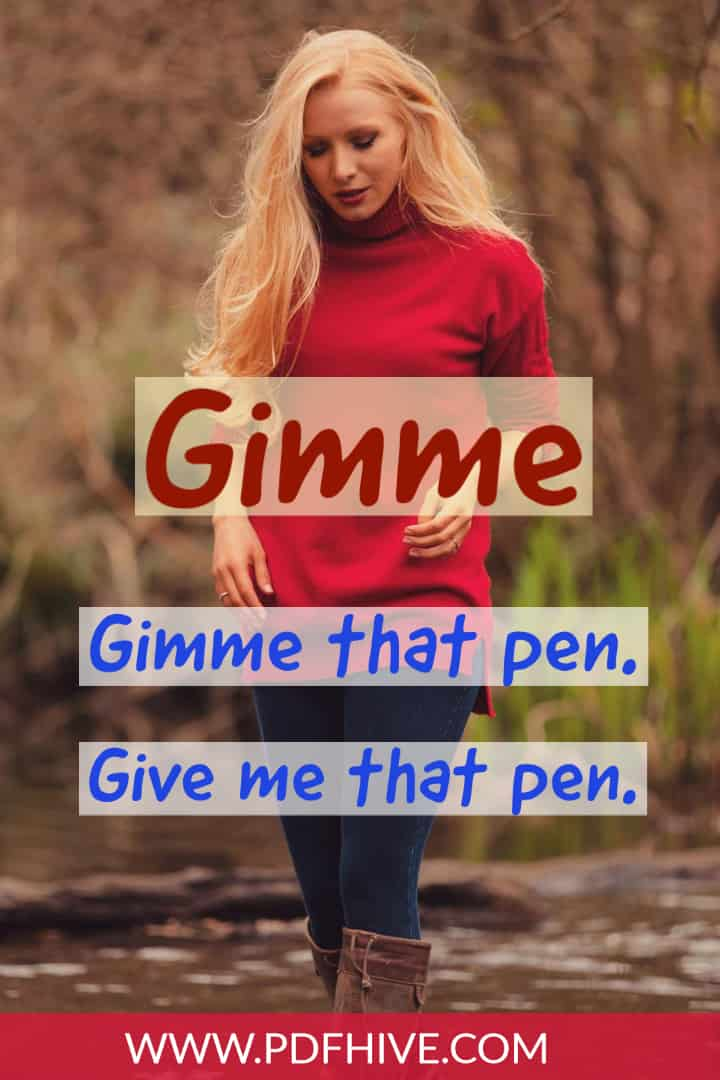

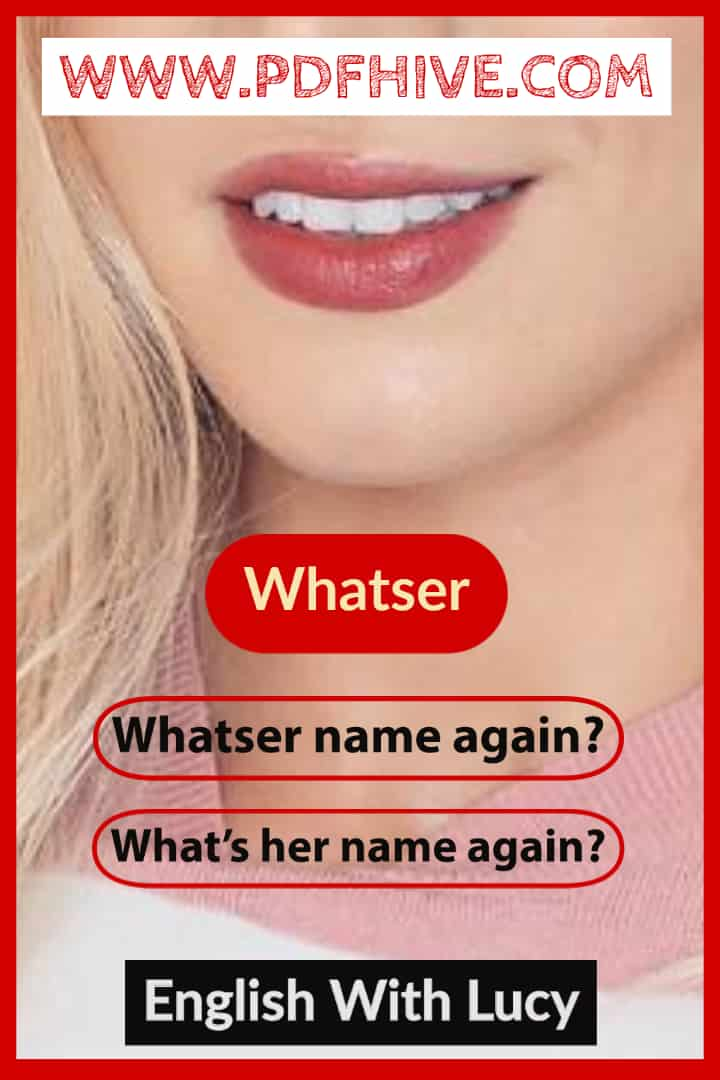

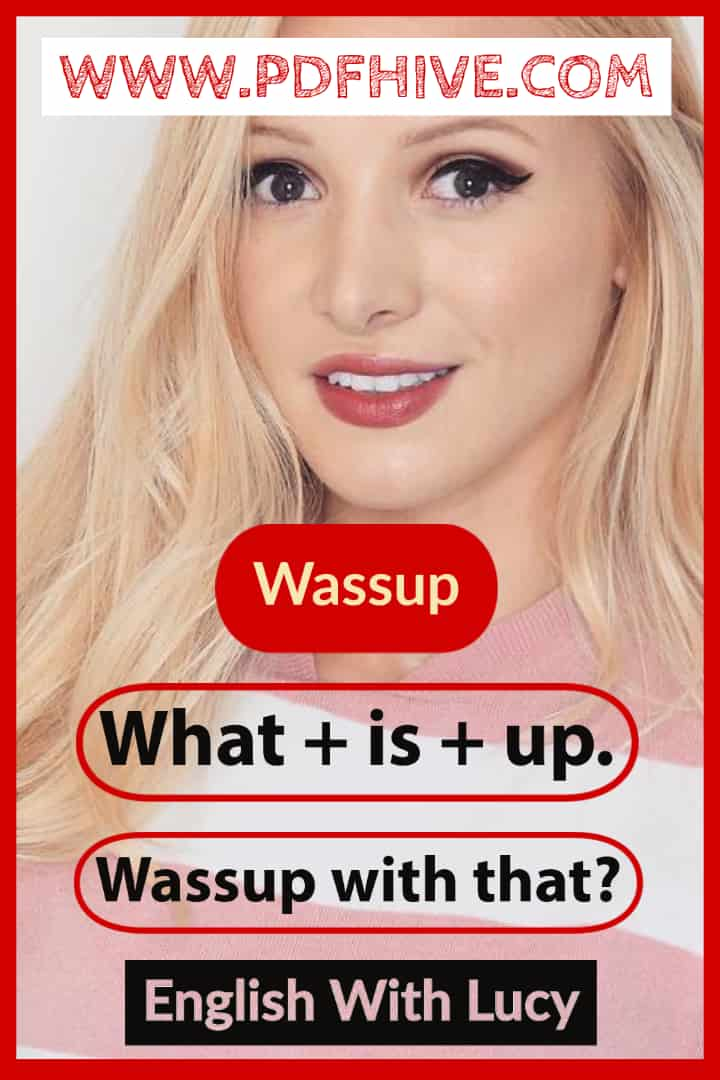

Now you must never use these in formal situations, or formal writing tasks, especially don’t use these in exams, unless you are specifically asked to use reductions or slang language. I would say that the most important part of this, is that you understand them so that if a native speaker uses one with you, you can understand and respond, but if you are looking to sound like a native speaker, then you might want to practise these.
Conclusion
Right, that is the end of today’s lesson. I hope you enjoyed it. I hope you learnt something. I’ve given you a lot of information about slangs. You do have some homework however, you can’t get away without homework. I would like you to write five sentences using new reductions that you’ve learnt. If you’ve learnt something new in this lesson, please use them.
I want to see very interesting sentences. Try to make me laugh, because I don’t laugh a lot. I live alone.
Well I do live with my fiancé but we live on a farm. I don’t see many people. I don’t get many opportunities to laugh, so if you can make me laugh, you’re doing well.
Don’t forget to connect with me on all of my social media. I’ve got my Facebook, my Instagram, my Twitter and my personal Lucy Bella Earl channel where I talk about everything about me, i.e., about my life. I will see you soon for another lesson.




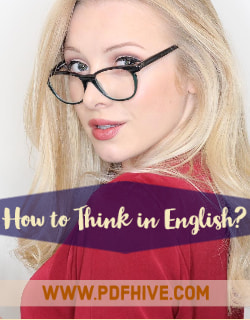
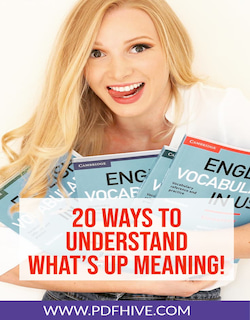
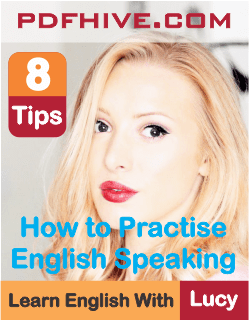
Hi, Lucy each time you provide us with amazing, valuable information concerning the English learning process. As an Algerian teacher of English, i’m really grateful to you. Thank you so much for your continual support. Fatah Merouane from Algeria.
Hi Lucy
Can you please send me the below class in pdf I will be thankful to you.
Pronunciation Practice | British English Slang | Reductions & Contractions | English with Lucy
I find that your classes are most useful, Thanks!